Understanding Our Emotional Triggers

In this Webinar:
This special CE webinar aims to answer three essential questions:
- What are your emotional triggers?
- Where do your triggers come from?
- How can you best handle your triggers and shift your reactions to be more adaptive?
We all have those moments when all of a sudden one statement or action directed toward us sends us into an emotional tailspin. It may be a tone our partner uses, a teasing remark from a friend, a complaint from our kid, or a comment from our boss. Yet, have you ever wondered why certain interactions or exchanges impact us so much more than others? Why is it we get triggered the ways we do?
The key to understanding our emotional triggers is to look deeper than the present words or circumstances we’re experiencing. Instead, we must look back into the hurtful events that impacted us in the past, particularly during our developmental years.
Our intense emotional responses are heavily shaped by our history. The feelings or words that trigger us have direct connections to the ways we were seen and treated as well as attitudes to which we were exposed. Triggering events tap into early, often implicit, memories of painful experiences.
While many of us don’t use the word trauma when telling our story, a trauma can be defined as any significant negative event or incident that shaped or changed us. We’ve all experienced some degree of trauma in our lifetime. How well we cope in our lives today depends in large part on how much we are willing to recognize and make sense of this trauma.
When our traumas are unresolved, our brain isn’t fully integrated, and present day events can trigger us in ways that don’t fit the moment. We risk getting thrown back into emotional states we experienced as kids and acting in ways that don’t serve us in our lives today.
In this webinar, Dr. Lisa Firestone will explore the roots of our triggers as they relate to big T and little t traumas we experienced and psychological defenses we developed as a result. She will discuss what happens to us when we feel triggered and the maladaptive responses we may engage in. Finally, she will describe tools and techniques that can help us get ahold of the moments we’re triggered, achieve an inner sense of calm, and move forward in ways that reflect who we really are and what we really want.
Learning Objectives:
- Discuss a framework for helping clients resolve childhood traumas that contribute to emotional triggers.
- Describe strategies to help clients recognize and name their triggers in order to lessen their reactivity.
- List tools to enhance emotional regulation when feeling triggered
Once payment is received, you will be emailed a full video recording of this webinar along with all presentation materials.
Optional CEs (1.5) may be purchased through R. Cassidy Seminars. A link to purchase CE Credits will be included in the email containing all your webinar resources. More Info Here
CEs Pending









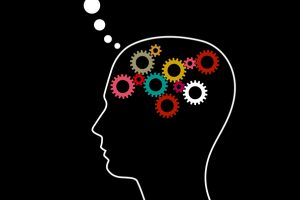




















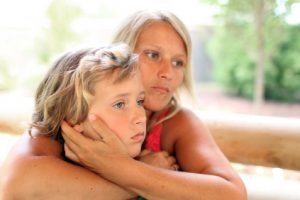


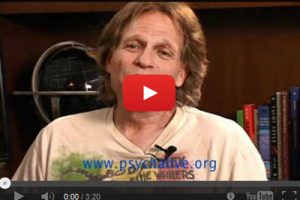



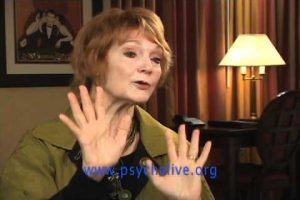


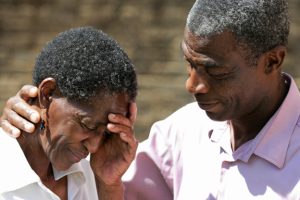



















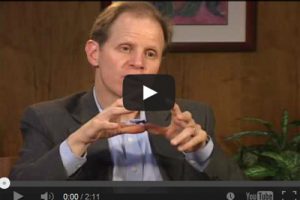




















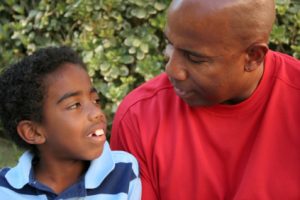






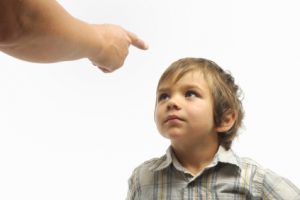











Leave a Reply